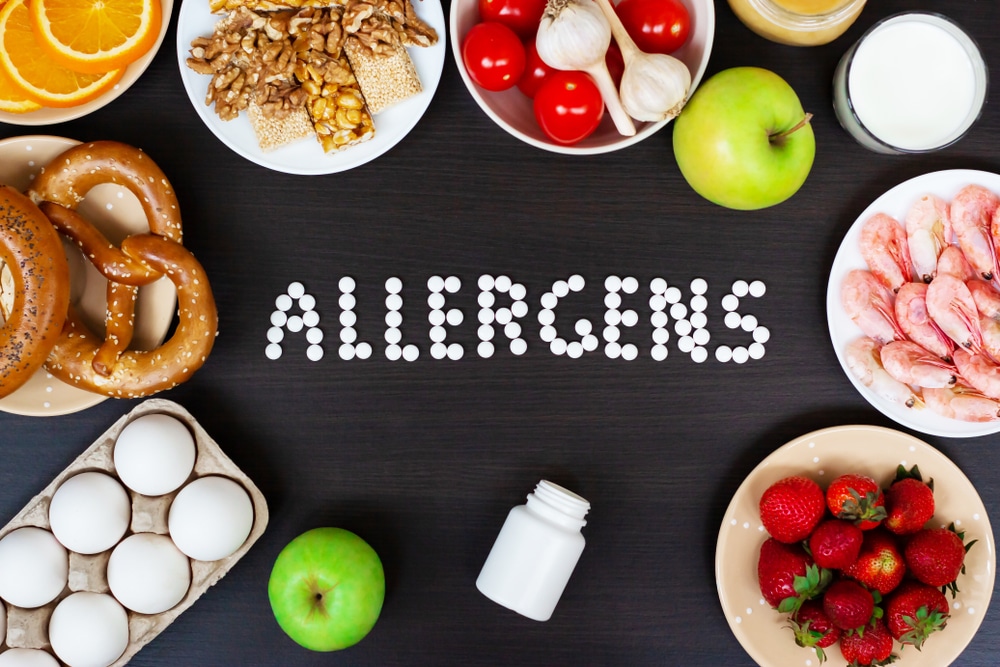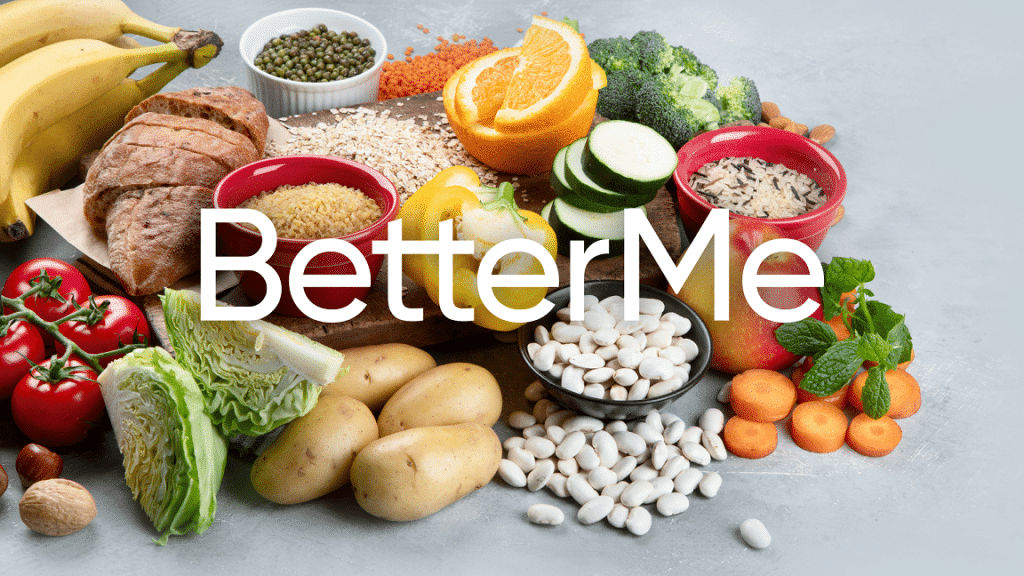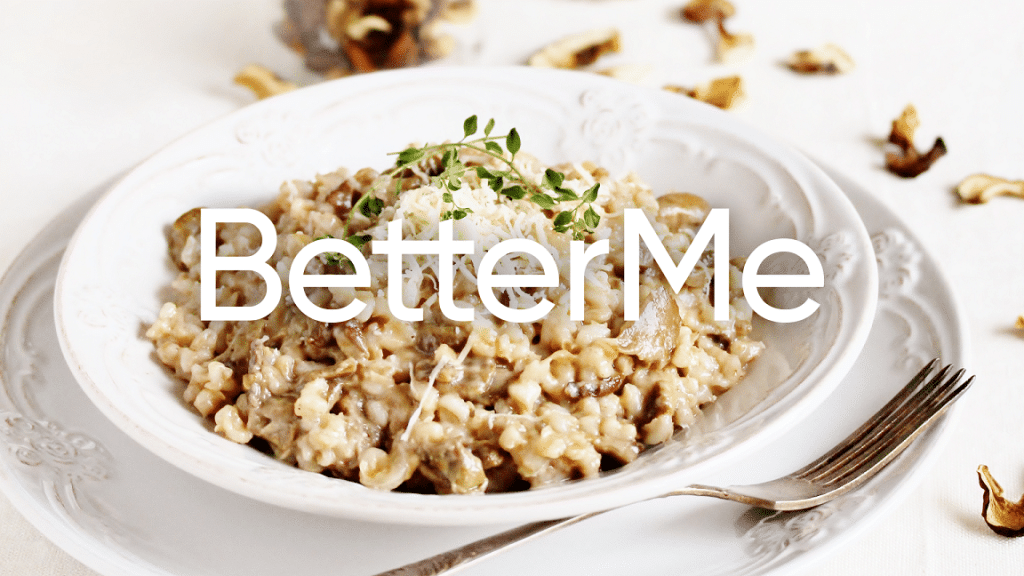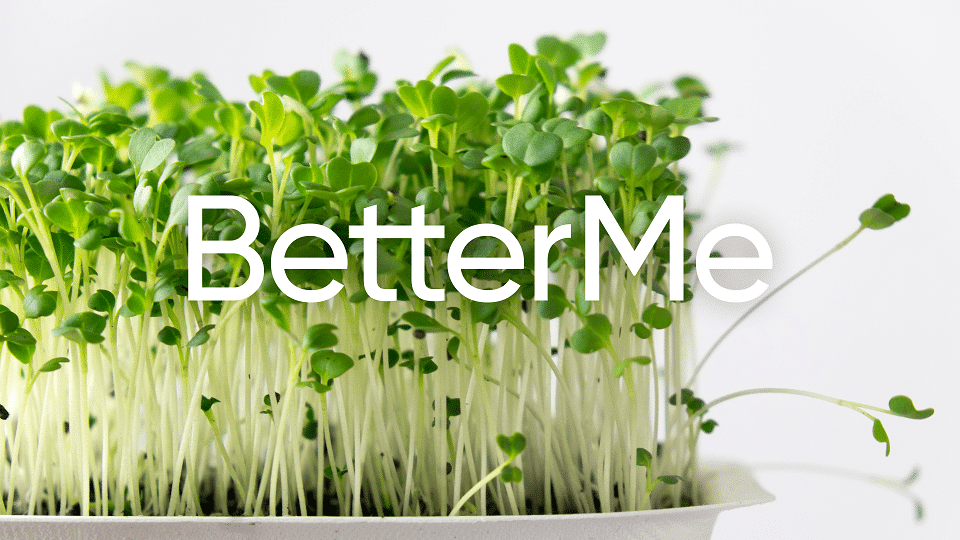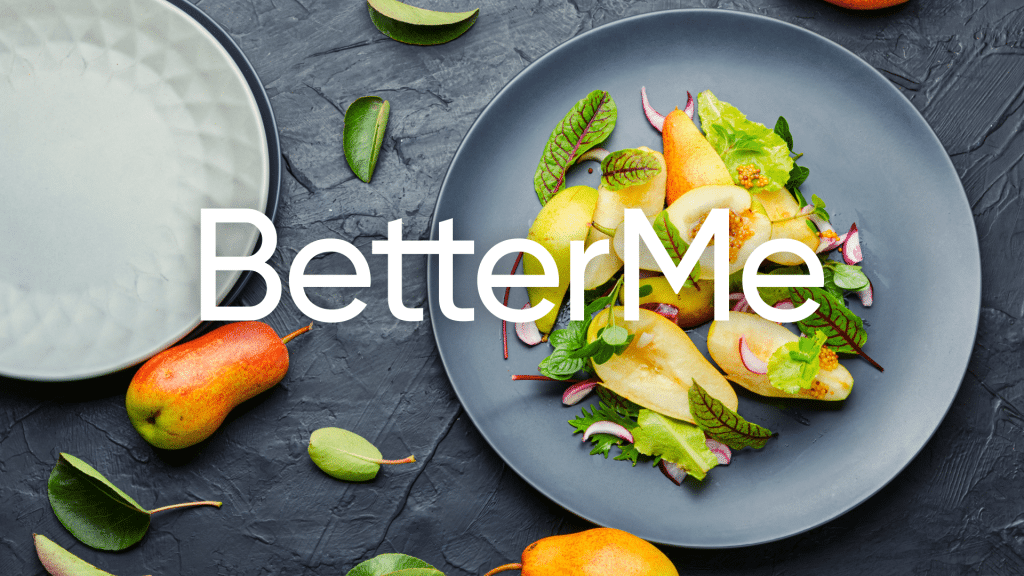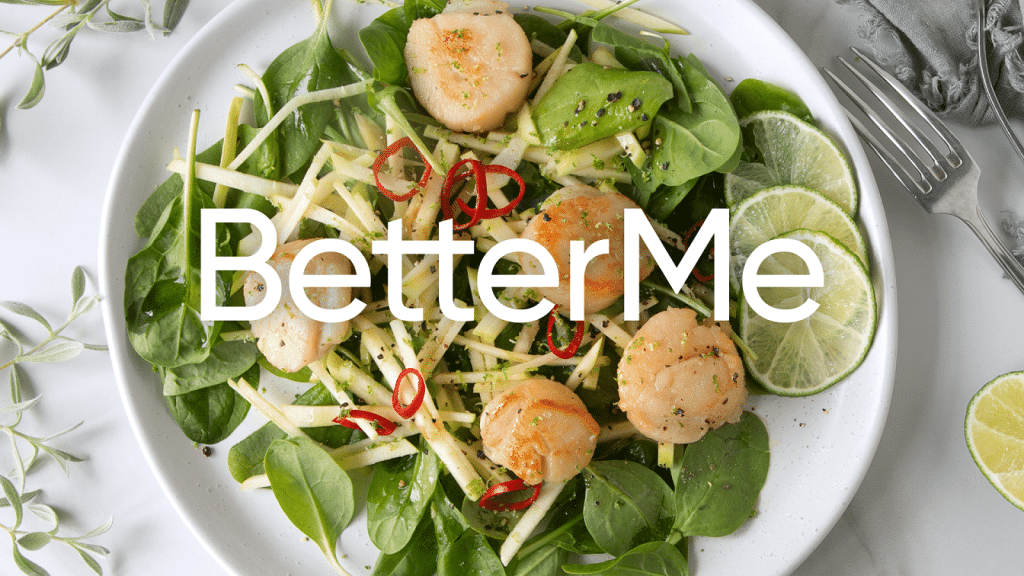Allergies can be a pain. The constant sneezing, itchy eyes, and runny nose can make life pretty miserable. Let’s not even get started on the havoc they can wreak on your sinuses. If you’re like most people, you’ll reach for the antihistamines at the first sign of allergies. But did you know that there may be natural alternatives to these medicines Before we get into the natural antihistamines, let’s first understand what histamines are.
What’s Causing Your Allergy Symptoms?
Histamines are chemicals that are released by the body in response to an allergy trigger– this could be anything from pollen to pet dander to dust mites. These chemicals cause the symptoms of allergies, such as sneezing, itching, and runny nose (27).
Antihistamines work by blocking the action of histamines. This prevents the symptoms of allergies (4).
While synthetic antihistamines are effective at relieving the symptoms of allergies, they can also cause side effects such as drowsiness, dry mouth, and dizziness (3).
Fortunately, there may be natural alternatives to these medicines that can help relieve the symptoms of allergies without the side effects, or that might give you an extra boost when combined with antihistamine medications.
What Is The Most Powerful Natural Antihistamine?
Quercetin is a plant compound that has powerful antihistamine and antioxidant properties. It is found in many fruits and vegetables, such as apples, onions, and berries (22).
Studies have shown that quercetin can help relieve the symptoms of allergies (21). It works by inhibiting the release of histamines from mast cells (cells that release histamines).
Read More: Grain-Free Diet: Healthy Or Not? Here’s What The Experts Say
What Are The Other Natural Antihistamines?
In addition to quercetin, other natural substances have antihistamine properties and can help to relieve the symptoms of allergies.
These include:
Bromelain
This is a protein-digesting enzyme that is found in pineapple. It has anti-inflammatory properties (20).
Studies have shown that bromelain can help reduce the symptoms of rhinosinusitis, such as sneezing, runny nose, and congestion. This is because it has anti-inflammatory properties that can help reduce inflammation in the nasal passages (6).
Unfortunately, oral supplementation of bromelain may cause adverse effects such as diarrhea, vomiting, and skin rash (7). Therefore, it is best to consume pineapple or take bromelain supplements under the supervision of a healthcare professional.
Vitamin C
This is a water-soluble vitamin that is found in many fruits and vegetables. It has potent antioxidant and immune-boosting properties.
Oxidative stress and inflammation are thought to play a role in the development of allergies (19). Vitamin C helps combat these by reducing oxidative stress and inflammation.
Studies have shown that vitamin C may help reduce the symptoms of allergies. On the other hand, deficiency of the said vitamin can also lead to increased allergies (5).
Butterbur
Butterbur is a less-known herb that has been used for centuries to treat a variety of conditions, such as headaches, stomach upsets, and allergies.
This herb contains antihistamine and anti-inflammatory properties that can help relieve the symptoms of allergies (23).
Studies show that butterbur is effective for treating hay fever, a condition that is characterized by sneezing, runny nose, and itchy eyes. The symptoms of hay fever are caused by histamines (23).
Butterbur is available in the form of capsules, tablets, and tinctures. It’s generally well-tolerated but can cause side effects such as burping and stomach upset.
This herb contains alkaloids that can be toxic to the liver (8). Therefore, it is important to only use butterbur products that are standardized and free from pyrrolizidine alkaloids. Always talk to your doctor before starting any new supplements.
Dropping pounds by the dozens without putting yourself through the wringer is everyone’s weight loss pipe dream. But what if we told you that the BetterMe app can make that happen? Keep yourself in prime shape with our fat-blasting workouts, delicious budget-sparing recipes, and body-transforming challenges with our app!
Probiotics
Gut health is becoming an increasingly important factor in the development of allergies. This is because the gut houses many immune cells that help protect the body from infection and disease (16).
The gut microbiome is the collection of bacteria that live in the gut. An imbalance in the gut microbiome (dysbiosis) has been linked to the development of food allergies (28).
Probiotics are live bacteria that are similar to the beneficial bacteria that live in the gut. They may help restore the balance of bacteria in the gut and reduce inflammation (12).
Some studies have shown that probiotics may help reduce the symptoms of allergies. Moreover, they may also help reduce the severity of asthma attacks (11).
Not all probiotics are the same. Different strains of probiotics can have different effects on the body. Therefore, it is important to choose a product that contains the right strains of probiotics for your specific condition. Talk to your doctor for more personalized recommendations.
Stinging Nettle
Stinging nettle is a plant that has been used for centuries to treat a variety of conditions. It is available in the form of capsules, tablets, and teas.
It contains antihistamine and anti-inflammatory properties. These properties help relieve the symptoms of allergies, such as sneezing and a runny nose (13).
Stinging nettle can cause side effects such as stomach upset, diarrhea, and rash. It can also interact with certain medications, such as blood thinners and diuretics. Therefore, it is important to speak to a healthcare professional before taking this herb.
Read More: Sirtfood Diet For Weight Loss: How Does It Work?
Which Foods Are Natural Antihistamines?
Several foods contain natural antihistamines or anti-inflammatory compounds, such as:
Brightly Colored Fruits And Vegetables
Fruits and vegetables that are high in vitamin C are natural antihistamines. These include citrus fruits such as oranges, lemons, and grapefruit. Other vitamin C-rich foods include bell peppers, broccoli, Brussels sprouts, kale, and strawberries.
Herbs
Some herbs are rich in quercetin, an antioxidant that’s rich in antihistamine. These include dill, oregano, and fennel leaves.
Pineapples
Pineapples are a delicious source of bromelain. It is an enzyme that has anti-inflammatory properties (20).
Fermented Foods
Fermented foods such as sauerkraut, kimchi, and yogurt contain probiotics. Probiotics are beneficial bacteria that can help keep the gut healthy, which is important in maintaining a strong immune system.
Nuts And Seeds
Nuts and seeds are a good source of vitamin E. Vitamin E is an antioxidant that helps to reduce inflammation (18).
Green Tea
Green tea contains epigallocatechin-3-gallate (EGCG), an antioxidant that has anti-inflammatory properties (17).
Want to build an attention-grabbing bubble butt, blast away fat that’s stored in all the wrong places, spring-clean your diet, turn back the clock on your skin, skyrocket your self-confidence and shatter your insecurities? Check out the BetterMe app and set this plan in motion!
Dietary Changes To Combat Allergies
Several dietary changes might help reduce the symptoms of allergies.
Going On An Elimination Diet
An elimination diet is a type of diet that involves removing certain foods from your diet that may be causing allergies or other adverse reactions, to find out which ones are your triggers (14).
Common foods that are eliminated on an elimination diet include dairy, gluten, soy, eggs, and peanuts.
After eliminating these foods for 2 to 6 weeks, they are slowly reintroduced into the diet one at a time. This allows you to identify any foods that may be causing symptoms.
Elimination diets should only be done under the supervision of a healthcare professional.
Eating More Antioxidant-Rich Foods
Antioxidants are nutrients that help protect the body from damage caused by free radicals. Free radicals are unstable molecules that can damage cells and lead to inflammation (15).
Studies have shown that a diet rich in antioxidants may help reduce the symptoms of inflammatory conditions (24).
Foods that are high in antioxidants include fruits, vegetables, green tea, and dark chocolate.
Reducing Sugar Intake
Sugar has been linked to inflammation and hypothesized to predispose to food allergies (26).
A diet high in added sugar may cause the body to release pro-inflammatory chemicals (10). Therefore, reducing sugar intake may help reduce chronic inflammation.
Some commonly overlooked sources of sugar include fruit juice, honey, and agave syrup. Learning the different names for sugar can help you identify these hidden sources of sugar in your diet.
While reading labels, look out for the following substitute names for sugar:
- Sucrose
- Glucose
- Fructose
- Maltose
- Dextrose
Eating A Fiber-Rich Diet
Fiber is a type of carbohydrate that the body cannot digest. It helps promote a healthy gut by providing food for the beneficial bacteria that live in the gut.
It is thought that a diet rich in fiber may help reduce the occurence of allergies and other inflammatory conditions (25).
Good sources of fiber include fruits, vegetables, whole grains, legumes, and nuts.
Alternative Allergy Treatments
Natural antihistamines may not always work for everyone. If you find that your symptoms are not improving, several alternative treatments may help.
Avoiding The Allergen
The first line of defense against allergies is to avoid the allergen altogether. If you are allergic to pollen, for example, try to stay indoors on days when the pollen count is high.
Pet dander, dust mites, and mold are other common allergens that can be difficult to avoid.
However, there are some steps you can take to reduce your exposure to these allergens, such as:
- Keeping the house clean and dust-free
- Using a HEPA air filter in your home
- Washing bedding in hot water once a week
- Vacuuming regularly with a vacuum that has a HEPA filter
- Avoiding using carpets and rugs
- Keeping pets out of the bedroom
Medication
If natural remedies and avoidance strategies do not improve your symptoms, you may need to take medication. Talk to your doctor about what type of medication may be right for you.
There are some different types of medication that can be used to treat allergies (9), such as:
- Antihistamines: These medications block the action of histamine, which is a chemical that is released during an allergic reaction. Antihistamines can be taken orally or topically.
- Decongestants: These medications help reduce congestion and swelling. They can be taken orally or nasally.
- Corticosteroids: These are anti-inflammatory medications that can be taken orally, nasally, or topically.
- Epinephrine: This is a medication that is used to treat severe allergic reactions. It works by narrowing the blood vessels and increasing blood flow. Epinephrine is available in the form of an injection.
Immunotherapy
Severe allergies may be treated with immunotherapy. This is a type of treatment that helps desensitize the body to the allergen (2).
Immunotherapy can be administered in the form of shots, injections, or oral tablets. If you are interested in trying immunotherapy, it is important to talk to an allergist to see if this treatment is right for you.
Acupuncture
Acupuncture is a traditional Chinese medicine technique that involves inserting thin needles into the skin at specific points on the body (1).
Acupuncture has been used in the treatment of allergies, asthma, and other inflammatory conditions (1).
The theory behind acupuncture is that it can help balance the flow of energy in the body and reduce inflammation.
The Bottom Line
Allergies are a common condition that can cause a variety of symptoms, such as sneezing, runny nose, and itchiness.
While several medications can help to relieve these symptoms, they can also cause side effects. There are also natural remedies, such as onions, pineapples, and stinging nettle, that might help to relieve the same symptoms.
In addition, making dietary changes, such as reducing sugar intake and eating more fiber-rich foods, may also help to reduce the symptoms of allergies.
If you are considering using any natural remedy for your allergies, it is important to speak to a healthcare professional first. This is to ensure that the remedy is safe for you and will not interact with any other medications you are taking.
Get your personalized
meal plan!
DISCLAIMER:
This article is intended for general informational purposes only and does not serve to address individual circumstances. It is not a substitute for professional advice or help and should not be relied on for making any kind of decision-making. Any action taken as a direct or indirect result of the information in this article is entirely at your own risk and is your sole responsibility.
BetterMe, its content staff, and its medical advisors accept no responsibility for inaccuracies, errors, misstatements, inconsistencies, or omissions and specifically disclaim any liability, loss or risk, personal, professional or otherwise, which may be incurred as a consequence, directly or indirectly, of the use and/or application of any content.
You should always seek the advice of your physician or other qualified health provider with any questions you may have regarding a medical condition or your specific situation. Never disregard professional medical advice or delay seeking it because of BetterMe content. If you suspect or think you may have a medical emergency, call your doctor.
SOURCES:
- Acupuncture (2021, ncbi.nlm.nih.gov)
- Allergy Immunotherapy (2022, ncbi.nlm.nih.gov)
- Antihistamines (2021, ncbi.nlm.nih.gov)
- Antihistamines and allergy (2018, ncbi.nlm.nih.gov)
- Association of Antioxidants With Allergic Rhinitis in Children From Seoul (2013, ncbi.nlm.nih.gov)
- Bromelain’s penetration into the blood and sinonasal mucosa in patients with chronic rhinosinusitis (2018, ncbi.nlm.nih.gov)
- Bromelain a Potential Bioactive Compound: A Comprehensive Overview from a Pharmacological Perspective (2021, ncbi.nlm.nih.gov)
- Butterbur (2012, ncbi.nlm.nih.gov)
- Drug allergies: Overview (2020, ncbi.nlm.nih.gov)
- Effect of Dietary Sugar Intake on Biomarkers of Subclinical Inflammation: A Systematic Review and Meta-Analysis of Intervention Studies (2018, mdpi.com)
- Effect of Probiotics on Respiratory Tract Allergic Disease and Gut Microbiota (2022, frontiersin.org)
- Effects of probiotics on gut microbiota: mechanisms of intestinal immunomodulation and neuromodulation(2013, journals.sagepub.com)
- Efficacy of Supportive Therapy of Allergic Rhinitis by Stinging Nettle (Urtica dioica) root extract: a Randomized, Double-Blind, Placebo- Controlled, Clinical Trial (2017, ncbi.nlm.nih.gov)
- Food Allergy Prevention and Treatment by Targeted Nutrition (2018, pubmed.ncbi.nlm.nih.gov)
- Free radicals, antioxidants, and functional foods: Impact on human health (2010, ncbi.nlm.nih.gov)
- Full article: The role of gut microbiota in immune homeostasis and autoimmunity (2012, tandfonline.com)
- Green Tea Extracts Epigallocatechin-3-gallate for Different Treatments (2017, hindawi.com)
- Natural forms of vitamin E: metabolism, antioxidant and anti-inflammatory activities and the role in disease prevention and therapy (2015, ncbi.nlm.nih.gov)
- Oxidative stress in allergic respiratory diseases (2002, jacionline.org)
- Properties and Therapeutic Application of Bromelain: A Review (2012, hindawi.com)
- Quercetin and Its Anti-Allergic Immune Response (2016, mdpi.com)
- Quercetin with the potential effect on allergic diseases (2020, biomedcentral.com)
- Randomised controlled trial of butterbur and cetirizine for treating seasonal allergic rhinitis (2002, ncbi.nlm.nih.gov)
- Role of Antioxidants and Natural Products in Inflammation (2016, hindawi.com)
- The association between dietary fibre deficiency and high-income lifestyle-associated diseases: Burkitt’s hypothesis revisited (2019, ncbi.nlm.nih.gov)
- The false alarm hypothesis: Food allergy is associated with high dietary advanced glycation end-products and proglycating dietary sugars that mimic alarmins (2017, sciencedirect.com)
- The role of histamine in allergic diseases (1990, pubmed.ncbi.nlm.nih.gov)
- The Role of the Microbiome in Food Allergy: A Review (2020, mdpi.com)
